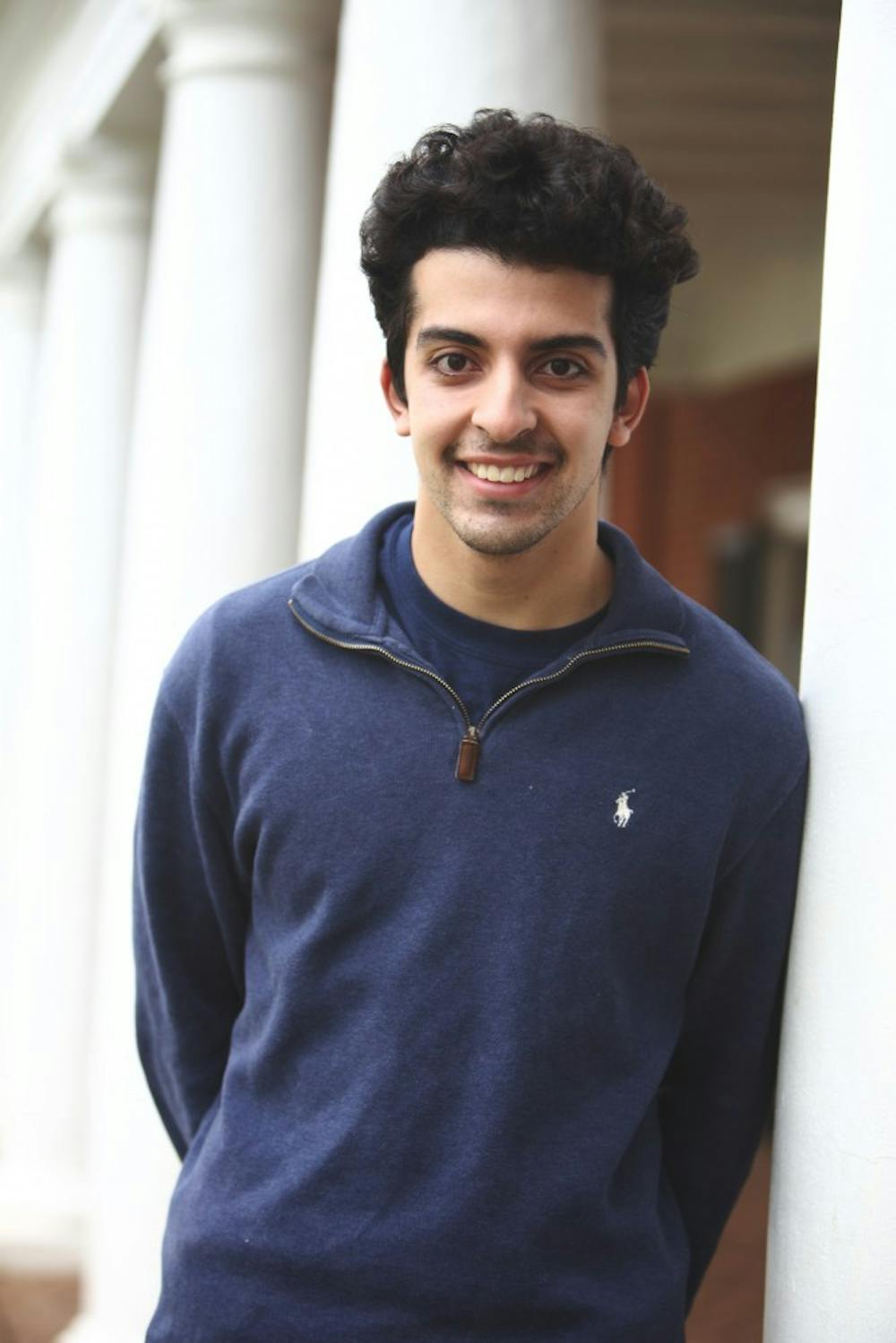I came to the University and, eager to sound off on whatever weekly controversy I wanted (i.e. rant on the Internet with some legitimacy), I joined The Cavalier Daily’s Opinion section my first semester. I did so without the slightest imagination I would someday become the executive editor. For one, I was set on majoring in statistics (which I did), and I knew I would only ever write a handful of college papers. Writing didn’t come easy to me. Second, I, as many first years do, viewed the then-fourth years on the managing board as infallible, confident role models who had everything together — in retrospect, this hero worship on my part was a bit silly. Struggling to even find my way around Grounds, I didn’t expect to someday fill one of their seats in The Cavalier Daily offices.
I started my writing career swinging for the fences in every column. I wrote about racism for my first week on the job. I attacked Greek life and legacy preferences in undergraduate admissions, all within my first few months. I was bright-eyed and bushy-tailed, ready to change the world with my often impulsive and uncalculated articles.
During second year, my role at the paper took a different arc than that of Dani Bernstein, the editor-in-chief who served with me on the managing board and who had joined the paper the same semester I did. In her parting shot, she explains how she became increasingly invested in the impact of the paper’s work on others, especially during what was a tumultuous year for the entire community.
At that time, I felt the opposite. I wrote about things which I cared about, but which produced no tangible impact. That spring, I took a critical look at one of my own communities — the University Guide Service — and argued for its relocation from Pavilion VIII, a space which I felt implicitly and unfairly elevated the organization over others. I lost a lot of friends after publishing it. Having had a year of experience during which I felt my Opinion pieces did nothing except draw ire from online commenters and occasionally friends, I became increasingly disillusioned by the paper’s role on Grounds.
This feeling amplified with my decision to join a volunteer fire department at the start of my second year. I also enrolled in an EMT class to join the city’s rescue squad. It was easy for me to trace the impact of these two other organizations on the community and county at large. There was a time when I felt I wasn’t making the best use of my time writing an Opinion article, when I could instead spend time volunteering with agencies whose impact was so easy to see. How could publishing arguments on the Internet ever match up with responding to 911 calls as an extracurricular activity?
In my third year, some senior members of the paper asked if I had considered running for an editor position. I was hesitant — by this time, I had seriously considered quitting to devote more of my time to pursuits that I thought were more valuable. I decided to sit in on the managing board meetings and to shadow the executive editor position.
At the highest level, the importance of the paper’s work on the rest of the University became clear to me. I sat in on discussions of how our work impacts our various stakeholders — students, CIOs, community members, faculty, the administration and more. I got to write the lead editorial, edit Opinion articles, organize the content in the print pages and decide which article would be included in the newsletter received by thousands of subscribers. I even got to peek at the website analytics and realized just how many people our work reaches. Soon after, I ran for executive editor and won the election.
Over the next year, I got to make decisions which will make me a better leader once I graduate. I oversaw editorial board selections, hired two paid ombudsmen, endorsed student elections candidates, cut unnecessary guest platforms, led an external review of college newspaper editing processes, organized section meetings and participated in endless discussions about strategy with my peers on the managing board. All the while, I wrote up to three editorials and edited about 15 columns per week — not an easy feat for someone so unaccustomed to writing, at least compared to my friends in the humanities and social sciences.
This is not to imply that a managing board role is what makes a Cavalier Daily experience fulfilling. People find ways to engage themselves at all levels in the paper. For me, the key difference maker was spending more time in the office, which is required of managing board members. If you’re ever in the office on a print night, you’ll know what I mean. The dozens of writers, artists, producers, business staffers and editors coming together to create our product will show you a passion for making an impact that you will rarely find elsewhere on Grounds. Thank you to all who have been with me on my journey.
Nazar Aljassar was the 127th Executive Editor of The Cavalier Daily.






